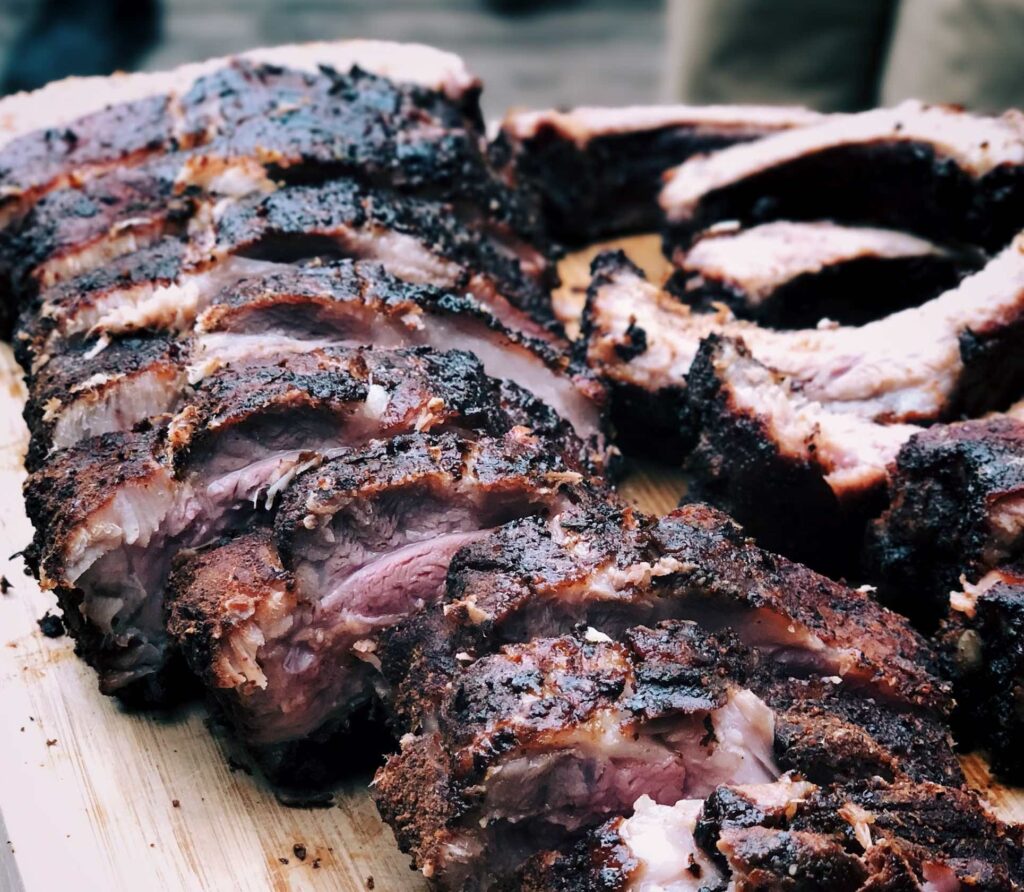There is a great wealth of research that conclusively shows that the consumption of meat produces significant amounts of greenhouse gases (CO2, but also methane and other gases). As the EAT Lancet report makes clear, it is necessary to transition to a plant-based diet. In particular, nations in what is often called the Global North need to undertake this transition since people in these nations consume far more meat than people in the Global South.
One of many problems with the transition to less meat-heavy diets is communicated, the responsibility to transition is often put on the shoulders of the consumer, rather than on governments or what can be referred to as the world food-industrial complex. Many governments in the Global Nort – and North America is a particularly pertinent example – are tasked with providing citizens (often referred to as “consumers”) with freedom of choice. This was also one of the criticisms that were directed at the EAT-Lancet Commission when it was launched in 2019: A consequence of the report would be that people would be deprived of certain food or diet choices. While there are places where (local) governments have acted upon the findings of this and other reports (see, for instance, the Dutch city of Harleem where meat advertising has become illegal), most governments have done little to participate in the transition towards a more plant-based diet. Instead, private citizens, restaurants and NGOs have been tasked with the work of changing the diets, and thus the foodways, of the Global North. As a consequence, the transition to sustainable ways of eating is slow. To speed up the transition, the food-industrial system itself must be transformed, and this can only be done through extensive legislation that reaches across national and continental divides.
While assisting in, or waiting for, such systemic-level transformation, it is interesting to consider the role that meat plays in society and culture. Meat is a type of protein sourced from animals, but it is also a cultural imaginary or narrative that informs life-worlds on a very deep level. This has been the focus of significant cultural studies scholarship, and it will also be the topic of an upcoming special issue called “Meat Narratives”, to be published in Storyworlds: A Journal of Narrative Studies. The deadline is September 30, 2024, so hurry up if you want to contribute.

